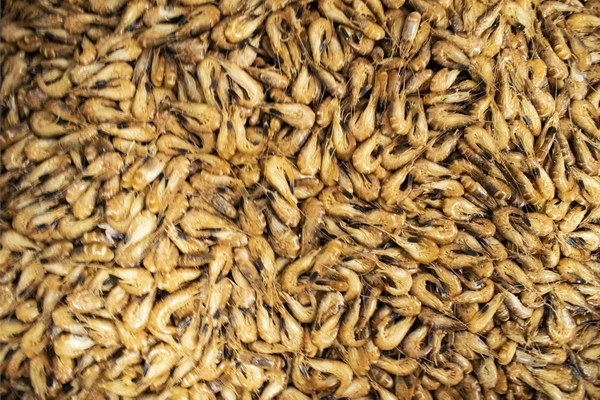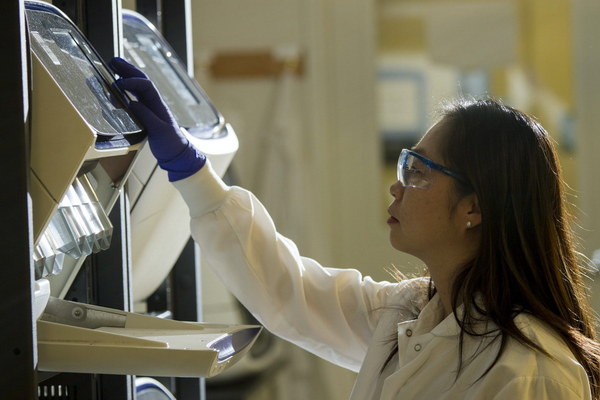Post-Pulmonary Surgery Care Essential Tips for Body Restoration and Recovery
Post-Pulmonary Surgery Care: Essential Tips for Body Restoration and Recovery
Undergoing pulmonary surgery is a significant milestone in the journey towards better health for individuals with lung conditions. Whether it's a lung resection, pleurectomy, or a transplant, the recovery process requires careful attention to ensure the best outcomes. Proper post-surgery care not only aids in the physical healing process but also helps in the overall restoration of the body. Here are some essential tips to guide you through the recovery phase after pulmonary surgery.
1. Follow the Doctor's Orders
The first and foremost step in post-pulmonary surgery care is to strictly adhere to the instructions given by your healthcare provider. This includes taking prescribed medications, attending follow-up appointments, and following any dietary or activity restrictions.
2. Manage Pain and Discomfort
Pain is a common experience after surgery. Effective pain management is crucial for a comfortable recovery. Painkillers can be prescribed to help alleviate discomfort, but it's important to take them as directed and report any side effects to your doctor.
3. Gradual Return to Activity
Early mobilization is beneficial for recovery, but it's important to progress gradually. Start with light walking and increase the distance as tolerated. Avoid any heavy lifting or vigorous activities that could strain the surgical site.

4. Practice Breathing Exercises
Deep breathing exercises are essential to prevent lung complications such as pneumonia and atelectasis. These exercises help to expand the lungs and improve lung capacity. Your healthcare team will provide specific exercises tailored to your surgery type and condition.
5. Maintain Good Hydration and Nutrition
Proper hydration and nutrition are vital for healing. Drink plenty of fluids to stay hydrated and consume a balanced diet rich in vitamins, minerals, and protein. Protein is particularly important for tissue repair and recovery.
6. Manage Emotional Well-being
Recovery from pulmonary surgery can be an emotionally challenging time. It's normal to experience feelings of anxiety, depression, or frustration. Seek support from friends, family, or a support group, and consider speaking with a therapist or counselor if needed.
7. Practice Good Hygiene
Keep the surgical site clean and dry to prevent infection. Follow the hygiene instructions provided by your healthcare team, which may include using antiseptic solutions or bandages.
8. Monitor for Complications
Stay vigilant for signs of complications, such as increased pain, fever, cough with phlegm, shortness of breath, or any other unusual symptoms. Report these immediately to your doctor.
9. Attend Pulmonary Rehabilitation
Pulmonary rehabilitation programs are designed to help individuals regain strength, improve lung function, and manage chronic lung conditions. These programs often include exercise, education, and support groups.
10. Take Time to Rest
Rest is a crucial part of recovery. Your body needs time to heal, so don't rush back into your normal routine. Listen to your body and get enough sleep to aid the healing process.
By following these essential tips, individuals who have undergone pulmonary surgery can optimize their recovery and return to a better quality of life. Remember, each person's recovery journey is unique, and it's important to stay in close communication with your healthcare team to address any concerns or questions that arise. With patience, persistence, and proper care, the road to recovery after pulmonary surgery can be a successful one.



![Revolutionize Your Well-being Discover the Ultimate Benefits of the [Brand Name] Moisture Removal Pod](http://img.bluepurple.cn/a/养生/324/Revolutionize-Your-Wellbeing-Discover-the-Ultimate-Benefits-of-the-Brand-Name-Moisture-Removal-Pod.jpg)





